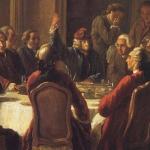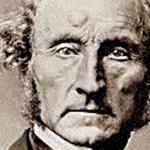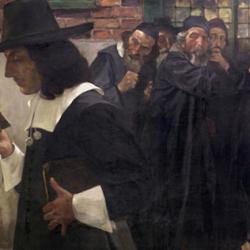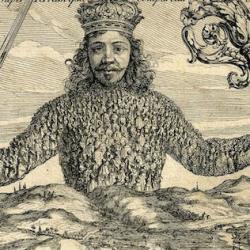A fine statement from Iris Murdoch on the capacity of literature to seek and reveal truth:
“I think that though they are so different, philosophy and literature are both truth-seeking and truth-revealing activities. They are cognitive activities, explanations. Literature, like other arts, involves exploration, classification, discrimination, organized vision. Of course good literature does not look like ‘analysis’ because what the imagination produces is sensuous, fused, reified, mysterious, ambiguous, particular. Art is cognition in another mode. Think how much thought, how much truth, a Shakespeare play contains, or a great novel. It is illuminating in the case of any reflective discipline to see what kind of critical vocabulary is directed against it. Literature may be criticized in a purely formal way. But more often it is criticized for being in some sense untruthful. Words such as ‘sentimental,’ ‘pretentious,’ ‘self-indulgent,’ ‘trivial’ and so on, impute some kind of falsehood, some failure of justice, some distortion or inadequacy of understanding or expression. The word ‘fantasy’ in a bad sense covers many of these typical literary faults. It may be useful to contrast ‘fantasy’ as bad with ‘imagination’ as good. . . . In condemning art for being ‘fantastic’ one is condemning it for being untrue” (6).
This is quoted in Ronald Beiner, What’s the Matter with Liberalism? Beiner wants political theorists to aim for a similar kind of insight into human life:
“What we need is political philosophy that will no longer take human subjects as the supreme arbiters of their own interests and preferences, but will try to illuminate needs and desires of human life that the subjects themselves may have failed to acknowledge. This is what great literature has always achieved, and philosophers today can take assurance from their own great tradition that philosophical literature can match this achievement and give it rational grounding. This, then, is an appeal for the broad, substantive, mode of theory practiced by Plato, Aristotle, Aquinas, Hobbes, Rousseau, Kant, Hegel, Marx, and Nietzsche—each of them possessing a living literary power that is not merely accessory to their philosophical claims, but lies at their source. . . . Political philosophy, at its best, can be like a story that reminds us of forgotten needs and longings; literature, after all, is the supreme embodiment of the tremendous power of memory and recollection. Just as art preserves our most cherished experiences, so philosophy restores to collective consciousness our rational needs and desires” (7).












